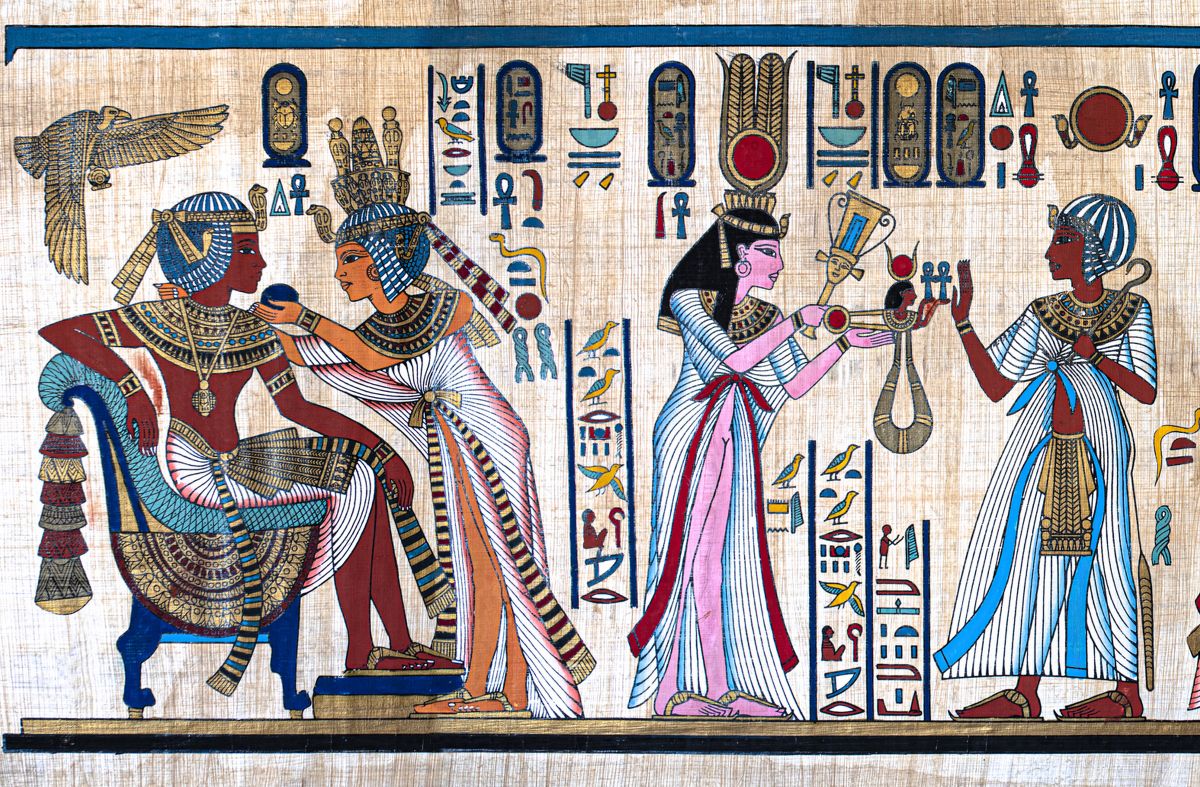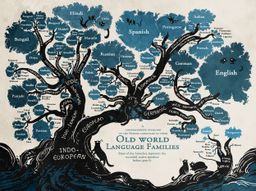[ad_1]
civilizations As the Ancient Egypt, Romeeither Greece they are very familiar to us. Also they mayans or the aztecs. But, what did their languages sound like?
We have learned the culture of ancient civilizations thanks to the legacy that has been preserved over time: monuments, paintings, writings, tombs, and even their human remains. But there is one thing that could not be preserved: the sound of the lost languages.
He phonograph was not invented until 1870. Before that date, you could not record the sound. So we have no records of how languages were pronounced with thousands of years oldlike the languages spoken by the celtsthe sumeriansthe assyrians Or the Vikings.
How do the languages of ancient civilizations sound?
Luckily, the linguists have been able to reproduce most of them. There are some, like the Latinhe Greek or the Aztec They have not completely disappeared. Derived into more modern languages that preserve words and intonation, so it is possible to know with enough fidelity how they were pronounced
In other cases, similar languages of the time, alphabets and other complex systems are studied to try to guess how words were pronounced that have only come down to us in scrolls, tablets, or inscriptions on monuments.
The YouTube channel YEAP! you show us what 14 disappeared languages sounded like civilizations thousands of years old.
From those who spoke ancient egyptiansto the Latin of Romehe ancient greek, mayan, aztec, sumerian, vikingthe language of the Celts, the Hittites, and some more. You can listen to them here:
It’s pretty awesome to hear languages that they have not spoken for thousands of yearsAs the sumerianhe Assyrian or the akkadian.
others like him ancient egyptianhe GreekMayan or Viking are more familiar to us, because we have heard them in video games with a historical setting, such as Ubisoft’s Assassin’s Creed saga, or in movies and television series that have expert linguistic advisors.
maybe these languages of ancient civilizations They haven’t spoken to each other for hundreds, thousands of years. But thanks to archaeology, linguistics and other sciences, we can know how they sounded. Did you imagine them like this?
[ad_2]

